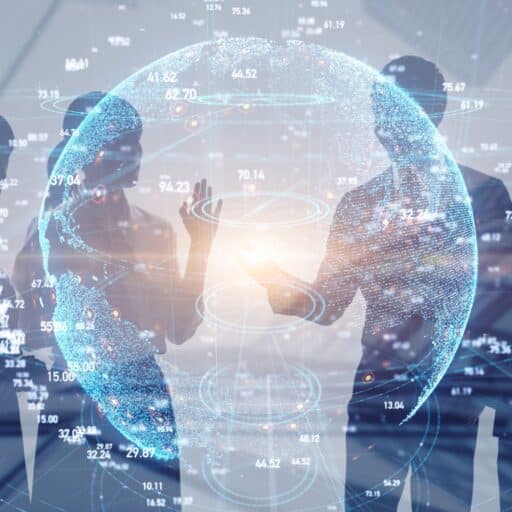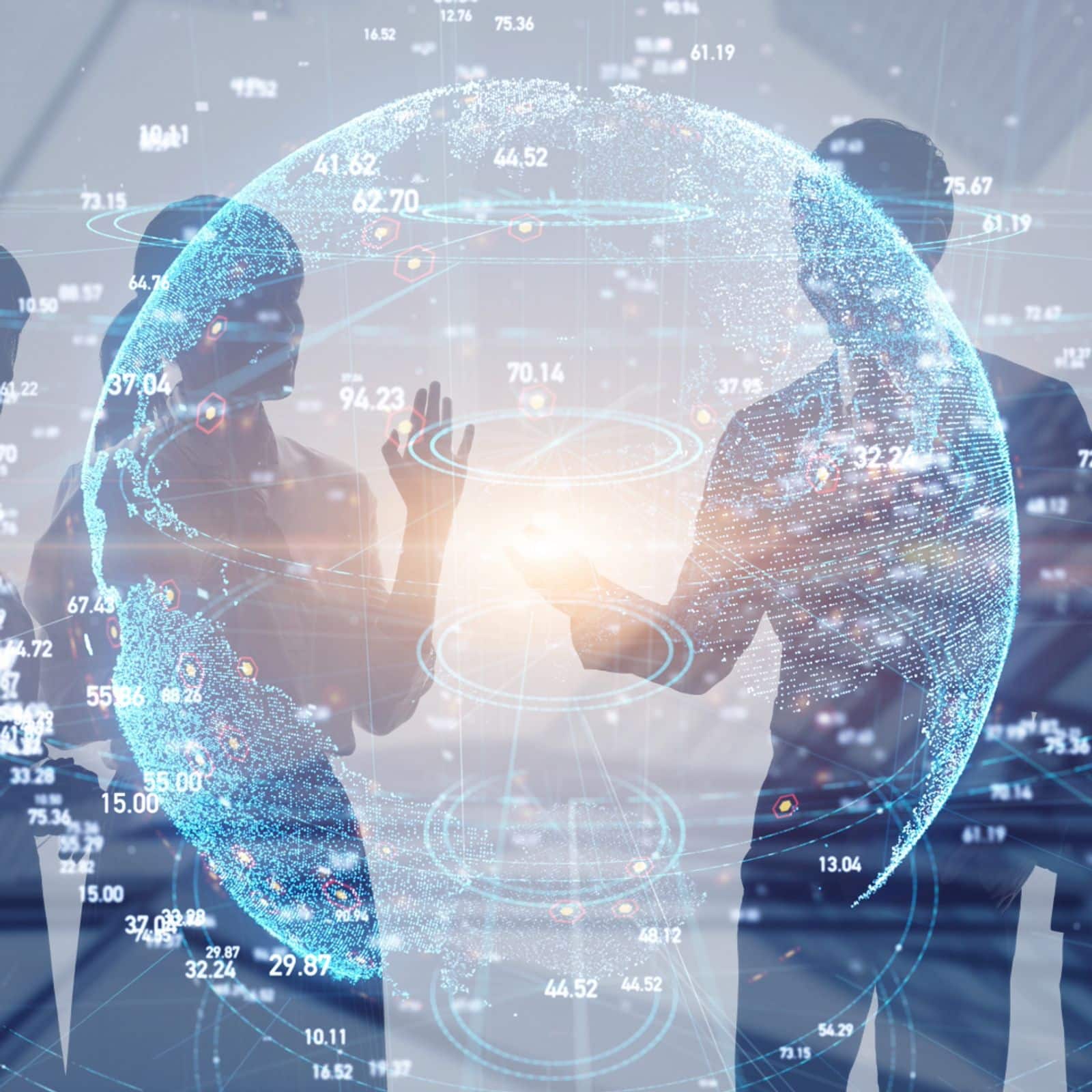Discover Why a CRM is essential for NGOs in 2025 :
Non-governmental organizations (NGOs) now face increasing pressure to manage multiple relationships with limited resources. In 2025, donor expectations are higher, transparency is crucial, and efficient communication matters. A CRM is essential to help NGOs organize all these relationships, track interactions, and improve their overall impact. Let’s explore why it is now a must-have tool.
Managing engagement in a demanding context
Centralize data to stay efficient
NGOs handle contacts from donors, volunteers, partners, and institutions. Without a clear system, managing them becomes chaotic. A CRM stores everything in one place. It allows teams to respond faster and organize their efforts more effectively.
Specific challenges in the nonprofit sector
Meet the expectations of every supporter
In the nonprofit world, relationships depend on trust. Donors want clear reporting and timely feedback. A CRM helps NGOs to:
Track each interaction with contacts
Segment contacts based on behavior and history
Customize communication and follow-ups
Share clear, reliable performance data
This precision improves transparency and increases support from individuals and organizations alike.
Common mistakes without a CRM
Understand the cost of scattered data
Without a proper CRM, errors happen often:
Donors receive duplicate requests
Volunteers are not contacted for new actions
Donation history is incomplete or lost
Messages are too generic to be effective
These mistakes harm the NGO’s image and reduce efficiency. Supporters may lose trust and stop contributing.
How a CRM changes everything
Improve daily operations and communication
A CRM built for NGOs includes features like:
Donation tracking for one-time and recurring gifts
Campaign planning and donor outreach
Donor segmentation by frequency, amount, or channel
Event organization and invitation tracking
Automatic follow-ups and thank-you messages
This saves time and improves consistency. Staff can focus more on their mission and less on admin.
Conclusion
In 2025, a CRM is more than just a tool for NGOs. It is a strategic asset that helps structure relationships, drive campaigns, and engage supporters. With a clear system in place, the organization can focus on creating real impact with greater efficiency.












